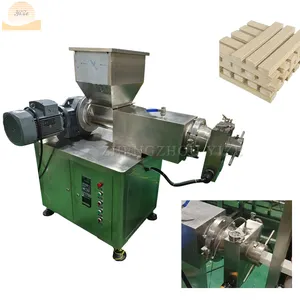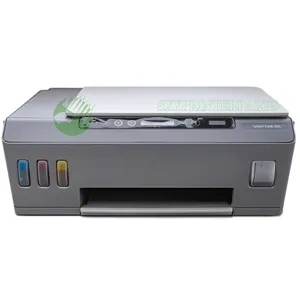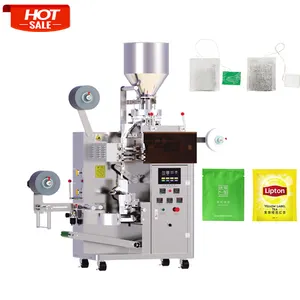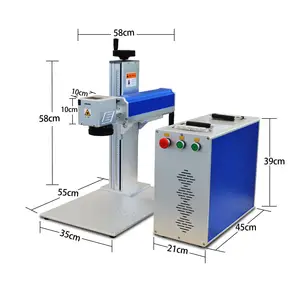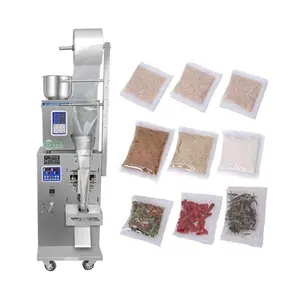Popular in your industry





















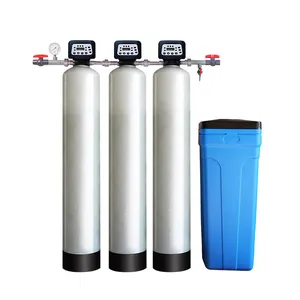





































Related Searches:















































































































































Top categories
About water softener system types
Introduction
Water is a fundamental part of our daily lives, yet many of us overlook the quality of the water we use. Hard water, characterized by high mineral content, can lead to a myriad of issues, from scale buildup in pipes to dingy-looking clothes. This article serves as a comprehensive guide to understanding water hardness and the different types of water softener systems available. We delve into the reasons for softening water, the various systems including Salt-Based Ion Exchange Softeners, Salt-Free Water Softeners, Dual-Tank Water Softeners, Magnetic Water Softeners, and Reverse Osmosis Systems, and how to choose the right one for your home.
Understanding Water Hardness
Water hardness is primarily caused by a high mineral content, usually calcium and magnesium. This hardness is often due to groundwater flowing over or through limestone. While hard water isn't a health risk, it can be a nuisance for home and business owners. Hard water can lead to excessive scale buildup in pipes and appliances, reducing their lifespan. It also interferes with soap lathering properly, resulting in soap scum instead of lather. Moreover, hard water can leave a film on everything, including your clothing, causing them to look dingy or dirty after washing.
Why Soften Water?
Water naturally contains minerals like calcium and magnesium. The decision to soften water is a personal choice that can affect your home and the environment. If your water’s hardness is greater than 7 grains per gallon or 120 mg/L, you might need a water softener to ensure your appliances run well and to improve the taste, smell, or look of your water. Home water softeners, also called ion exchange units, are appliances that remove calcium, magnesium, and other minerals from drinking water. Resin beads inside the softener trap the calcium and magnesium and exchange them for sodium or potassium.
Types of Water Softener Systems
There are four basic types of water softener systems. Salt-Based Ion Exchange Softeners are common and use a resin bed to exchange hard water minerals for sodium ions. Salt-Free Water Softeners, technically descalers, use a template-assisted crystallization system to prevent mineral buildup. Dual-Tank Water Softeners are similar to salt-based systems but have two tanks for the resin and brine. Magnetic Water Softeners, also descalers, use an electromagnetic coil to change the structure of hard water minerals. Each type has its own advantages and is suitable for different situations.
Salt-Based Ion Exchange Softeners
Salt-Based Ion Exchange Softeners are designed to remove hardness-causing minerals from your water. They work through a process called ion exchange, using an electronic metered valve mounted atop the resin tank. The system measures water by the gallon before running a cleaning cycle. During the cycle, a series of back flushes purge the trapped minerals and flushes them out of the system. Salts like sodium and potassium chloride are exchanged with hardness-causing minerals, resulting in 'soft' water. The salts are also replenished in the resin bed during the cycle, making the system ready to go again.
Salt-Free Water Softeners
Salt-free water softeners, also known as water conditioners, crystallize calcium and magnesium without removing them from the water supply. They don't use chemical or salt-based additives, making them a suitable choice for health-conscious homeowners. These systems require virtually zero maintenance, only needing a sediment filter change once a year. They are cost-effective as they don't waste water or electricity for a cleaning cycle. Moreover, they prevent scale buildup in your plumbing by crystallizing the extra minerals, extending the lifetime of your pipes.
Dual-Tank Water Softeners
Dual-tank water softeners are gaining popularity for their consistent soft water supply. Unlike single tank systems, twin tank systems ensure no downtime, as when one tank is regenerating, the other is actively softening water. This means no hard water ever runs through your pipes. They are also more efficient, regenerating based on water consumption and capacity, thus using minimal energy and salt. While typically used in commercial applications, homeowners, especially those with larger families in hard water areas, are finding the benefits of a twin tank system worth the initial cost.
Magnetic Water Softeners
A magnetic water softener is a type of water softening system that uses electromagnetic coils to separate hard water particles like calcium and magnesium. It's effective only on water within the reach of the magnets and doesn't use salt to soften water. As a low-maintenance option, it may be sufficient depending on your water hardness. However, it doesn't offer the same efficiency rate as other systems, making it important to consider your specific water needs when choosing a softening system.
Reverse Osmosis Systems
Reverse osmosis (RO) systems are a popular choice for water purification. They work by filtering out impurities such as lead, nitrates, and chlorine, ensuring safe and tasty water for drinking and cooking. Even if your water comes from a municipal supplier, an RO system can significantly improve its quality. However, while an RO system purifies your water, it doesn't address the damage hard water can cause to your fixtures and appliances.
Choosing the Right Water Softener for Your Home
Choosing the right water softener for your home involves considering several key factors. These include the hardness level of your water, the size and water use of your household, your budget, and the technical functionality of specific water softener systems. Each model is designed to treat a specific range of hard water levels, so it's important to know how hard your water is. Additionally, water softeners have clearly defined water softening capabilities, referred to as grain capacity. You need to ensure you purchase a system that has enough softening capacity for your entire home.
Considerations: Size, Cost, and Maintenance
When choosing a water softener, consider the size based on your household's water usage. An average person uses 75 gallons of water per day, meaning a family of 4 uses about 300 gallons. If your water usage is high, consider a higher capacity softener. The grain capacity of a softener refers to how many grains of hard water minerals it can remove before regenerating. It's most efficient when regenerating every 3 to 10 days. Also, consider the softener's regeneration style. Timer regeneration softeners regenerate on a schedule, while demand initiated regeneration is triggered by water usage, leading to efficient use of salt.
Installation and Professional Help
Installing a water softener can be a DIY task if you're familiar with plumbing principles. The cost of installation largely depends on the capabilities of your water softening unit, measured in grains. The ease of installation can also affect the final price. If you're replacing an old unit, this can be done in under an hour. A new installation requires additional plumbing knowledge but can be tackled in a few hours. Ensure you have all the necessary supplies and tools before you begin.
Conclusion
Choosing the right water softener system for your home is a crucial decision that requires careful consideration of various factors such as water hardness level, household size, water usage, and budget. Each system has its unique advantages and is designed to cater to specific needs. Whether you opt for a Salt-Based Ion Exchange Softener, a Salt-Free Water Softener, a Dual-Tank Water Softener, a Magnetic Water Softener, or a Reverse Osmosis System, the ultimate goal is to improve the quality of your water, thereby enhancing your overall quality of life. Remember, professional help is always available to guide you through the installation process and ensure you get the most out of your chosen system.
